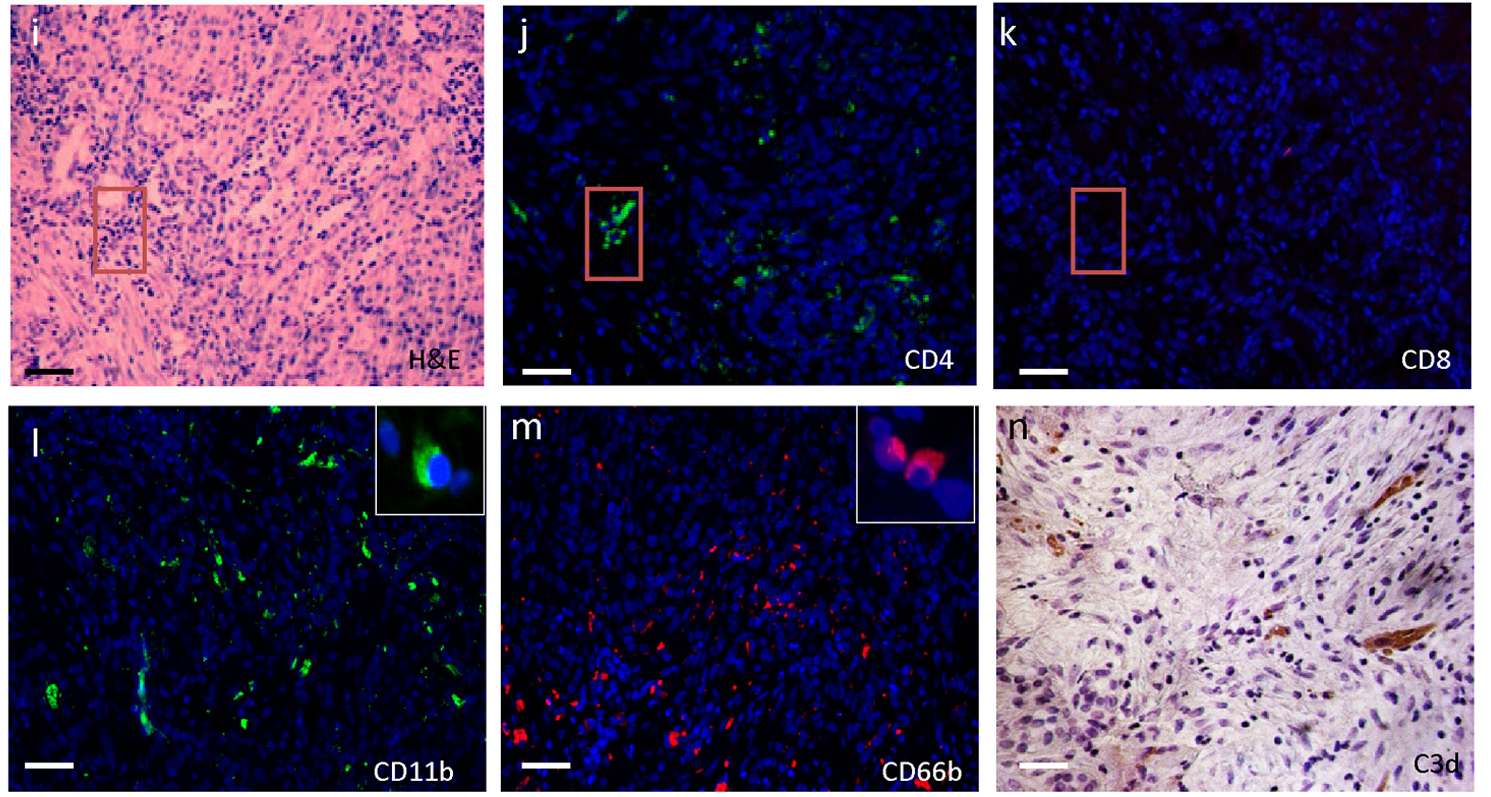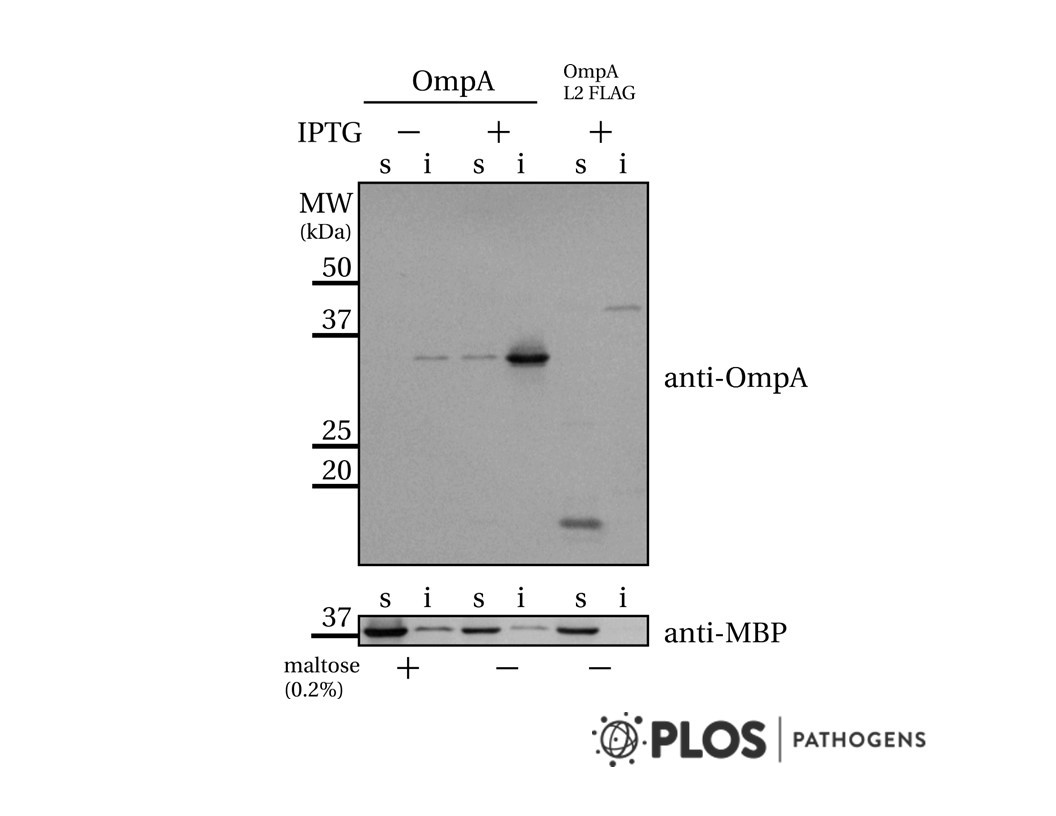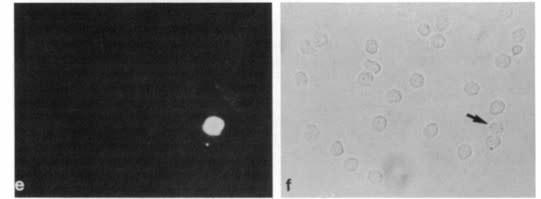Cat. #153402
Anti-p53 [DO-11]
Cat. #: 153402
Sub-type: Primary antibody
Unit size: 100 ug
Availability: 10-12 weeks
Target: Human TP53 / p53
Class: Monoclonal
Application: IHC ; IP ; WB
Reactivity: Human
Host: Mouse
£300.00
This fee is applicable only for non-profit organisations. If you are a for-profit organisation or a researcher working on commercially-sponsored academic research, you will need to contact our licensing team for a commercial use license.
Contributor
Inventor: David Lane
Institute: University of Dundee
Tool Details
*FOR RESEARCH USE ONLY (for other uses, please contact the licensing team)
- Name: Anti-p53 [DO-11]
- Alternate name: p53
- Cancers detailed: Broadly Applicable
- Research fields: Apoptosis and autophagy;Cancer;Cell biology;Immunology
- Clone: DO-11
- Tool sub type: Primary antibody
- Class: Monoclonal
- Conjugation: Unconjugated
- Cell signalling pathway: p53
- Molecular weight: 53 kDa
- Reactivity: Human
- Host: Mouse
- Application: IHC ; IP ; WB
- Description: Anti-p53 DO-11 antibody recognises the human cellular tumour antigen p53, also known as p53 tumour suppressor protein or NY-CO-13. p53 is a 393 amino acid ~53kDa cytoplasmic/ nuclear protein upregulated in response to DNA damage and is found in a wide variety of transformed cells. DO-11 is directed to an epitope in the DNA binding region of p53, between amino acids 181-190. It is believed that twelve isoforms of human p53 are produced by alternative splicing and promotor usage; the epitope re...
- Immunogen: Recombinant human p53
- Immunogen uniprot id: P04637
- Isotype: IgG1
- Recommended controls: Colon or breast carcinoma tissue
Target Details
- Target: Human TP53 / p53
- Molecular weight: 53 kDa
- Tissue cell line specificity: Colon or breast carcinoma tissue
- Target background: p53 is a crucial tumour suppressor involved in over 50% of cancers. It acts as a stress-responsive transcription factor and plays a vital role in regulating cell cycle arrest, promoting apoptosis, maintaining genomic stability, controlling the cell cycle, and inhibiting angiogenesis. Known as the "guardian of the genome," p53 prevents gene mutations. Mutations in the p53 gene are common in human cancers, resulting in dysfunctional proteins unable to bind to DNA. This loss of functi...
Applications
- Application: IHC ; IP ; WB
Handling
- Format: Liquid
- Concentration: 1 mg/ml
- Unit size: 100 ug
- Storage buffer: PBS with 0.02% azide
- Storage conditions: Store at -20° C frozen. Avoid repeated freeze / thaw cycles
- Shipping conditions: Dry ice
Related Tools
- Related tools: Anti-p53 [Pab DO-1]
References
- Wei et al. 2012. Proc Natl Acad Sci U S A. 109(38):E2543-50. PMID: 22927405.
- Warnock et al. 2011. Cancer Biol Ther. 12(12):1059-68. PMID: 22157150.
- Coomber et al. 2001. Clin Cancer Res. 7(9):2802-8. PMID: 11555596.
- Palecek et al. 2001. Eur J Biochem. 268(3):573-81. PMID: 11168396.
- Vojtesek et al. 1995. Oncogene. 10(2):389-93. PMID: 7530828.

![Anti-p53 [DO-11]](https://cancertools.org/wp-content/uploads/15114720765x500.png)
![Anti-CAR Whitlow Linker [1C3C3]](https://cancertools.org/wp-content/uploads/Figure-6-Kimble-et-al.-J-Immunother-Cancer-2025-300x322.jpg 300w, https://cancertools.org/wp-content/uploads/Figure-6-Kimble-et-al.-J-Immunother-Cancer-2025-280x300.jpg 280w, https://cancertools.org/wp-content/uploads/Figure-6-Kimble-et-al.-J-Immunother-Cancer-2025-954x1024.jpg 954w, https://cancertools.org/wp-content/uploads/Figure-6-Kimble-et-al.-J-Immunother-Cancer-2025-768x824.jpg 768w, https://cancertools.org/wp-content/uploads/Figure-6-Kimble-et-al.-J-Immunother-Cancer-2025.jpg 1193w)

![Anti-CAR Whitlow Linker [1B4A1]](https://cancertools.org/wp-content/uploads/Figure-5-Kimble-et-al.-J-Immunother-Cancer-2025-300x396.jpg 300w, https://cancertools.org/wp-content/uploads/Figure-5-Kimble-et-al.-J-Immunother-Cancer-2025-227x300.jpg 227w, https://cancertools.org/wp-content/uploads/Figure-5-Kimble-et-al.-J-Immunother-Cancer-2025-776x1024.jpg 776w, https://cancertools.org/wp-content/uploads/Figure-5-Kimble-et-al.-J-Immunother-Cancer-2025-768x1013.jpg 768w, https://cancertools.org/wp-content/uploads/Figure-5-Kimble-et-al.-J-Immunother-Cancer-2025.jpg 970w)




